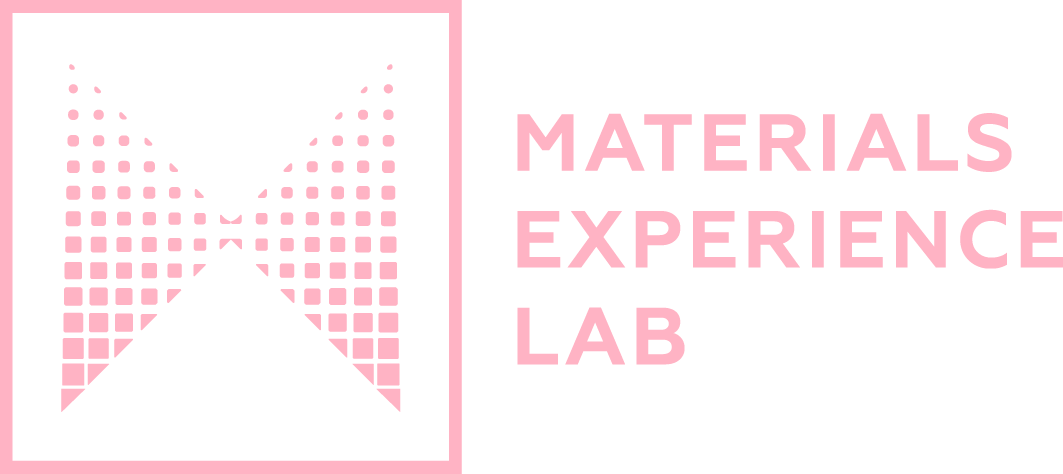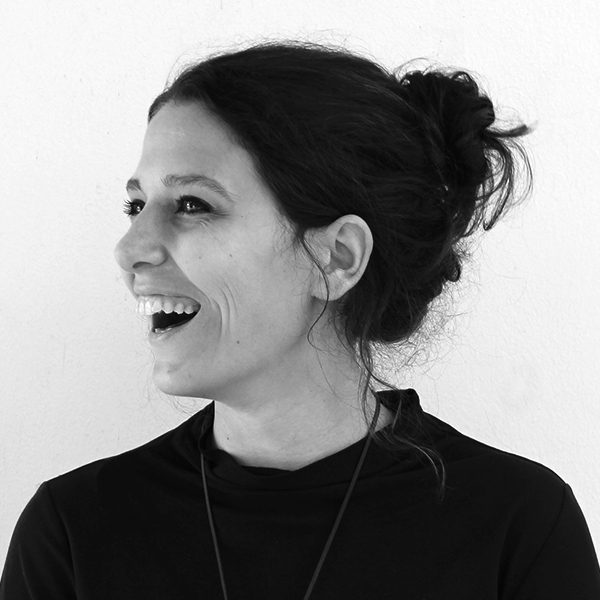Dr. Serena Camere
Post Doc – Delft University of Technology, The Netherlands
Supervisor
Serena Camere is a multidisciplinary industrial designer and Post-Doc researcher working with bio-based Emerging Materials. In the research project “Growing Design”, she deals with materials grown from living organisms, such as fungi and bacteria.
Serena concluded the PhD (cum laude) in March 2016 with a thesis titled “Experience (Virtual) Prototyping”, which explored the potential of new CAD/CAM technologies for experience-driven multisensory design. Within this research, she developed methods and tools for designers, to assist them during the use of these technologies for experience-driven design. During her MSc. in Milan, she matured a deep interest for materials that evolved into her graduation project, ‘Segni in Superficie/Timelapse’, which was awarded with honors at the Politecnico di Milano and the Honorable Mention of Lucky Strike Talented Design Award 2013. For this project, Serena collaborated with Serralunga design company to research new expressive qualities of plastics, developing a technique to make plastics age gracefully.
After the PhD, her research naturally evolved towards the Experiential Characterization of Materials, coupling her interest for materials with the research skills developed during the PhD. In the STW-funded project “Mycelium-based materials for product design”, she is in charge of conducting a series of characterization studies (both on a technical and experiential level) to assess the material’s properties. The results of these studies will be then used to stimulate the further development of the material and its embodiment in products.
During her career, Serena has been constantly seeking for opportunities to merge design practice and design research. This has led her to engage in several design contests and projects, in parallel to the academic career. In the past, Serena has collaborated with design studios and design companies, such as Skitch, Serralunga, Alessi, Woodnotes, Camparisoda, Eurochocolate, Design Innovation and Fiat-Chrysler.
PROJECT (2016-2017)
GROWING DESIGN
One of the challenges of this century is to transform our current economy into an eco-friendly and self-sustaining system. An innovative approach is the use of mycelium for the development of materials. Mycelium is an interwoven network of fungal filamentous cells called hyphae. Fungi form these mycelia on a wide variety of organic substrates. Mushroom forming fungi are known for their efficient colonization of ligno-cellulosic substrates like wood and straw. In this project, we aim to develop a palette of mycelium-based composite materials with different physical properties ranging from elastic to rigid, water-absorbing to water-repellent, and porous to compact. The MELAB Post Doc researcher, Serena Camere, explores how mycelium based materials are experienced in products. The results of the research support further development of the material.
Publications
- Camere, S., Karana, E. (2017). Growing Materials for Product Design. In Alive. Active. Adaptive: Proceedings of International Conference on Experiential Knowledge and Emerging Materials (EKSIG 2017), June 19-20, Delft, the Netherlands, pp. 101-115.
-
Karana, E., Blauwhoff, D., Hultink, E. J., Camere, S. (in preparation, available upon request), When The Material Grows: A Case Of Material Driven Design
-
Camere, S., Schifferstein, H.N.J. & Bordegoni, M. (2016). Materializing experiential visions into sensory properties. The use of the Experience Map. In Proceedings of Design and Emotion 2016, September 27-30 (pp.201-210) (Best Paper Award)
-
Camere, S. (2016). Experience (Virtual) Prototyping. The use of virtual technologies to support experience-driven design process (Doctoral dissertation, Politecnico di Milano, Italy).
-
Camere, S., & Bordegoni, M. (2016). A lens on future products: an Expanded notion of prototyping practice. In Proceedings of DESIGN2016, Dubrovnik, Croatia, May 16-19.
-
Camere, S., & Bordegoni, M. (2016). Unfolding the notion of Experience (Virtual) Prototyping: A Framework for Prototyping in an Experience-Driven Design Process. Journal of Integrated Design and Process Science, 20(2), 17-30.
-
Caruso, G., Camere, S., & Bordegoni, M. (2016). System based on abstract prototyping and motion capture to support car interior design. Computer-Aided Design and Applications, 13(2), 228-235.
-
Bordegoni, M., Camere, S., Caruso, G., & Cugini, U. (2015). Body tracking as a generative tool for experience design. In International Conference on Digital Human Modeling and Applications in Health, Safety, Ergonomics and Risk Management (pp. 122-133). Springer International Publishing.
-
Camere, S., & Bordegoni, M. (2015). A strategy to support experience design process: the principle of accordance. Theoretical Issues in Ergonomics Science, 16(4), 347-365.
-
Camere, S., Caruso, G., Bordegoni, M., Di Bartolo, C., Mauri, D., & Pisino, E. (2015). Form follows data: a method to support concept generation coupling experience design with motion capture. In DS 80-5 Proceedings of the 20th International Conference on Engineering Design (ICED 15) Vol 5: Design Methods and Tools-Part 1, Milan, Italy, 27-30.07. 15.
-
Camere, S., Schifferstein, H. N., & Bordegoni, M. (2015). The experience map. A tool to support experience-driven multisensory design. In Proceedings of DesForm 2015 (pp.147-155), 13-17 October, Politecnico di Milano, Italy.
-
Camere, S., & Bordegoni, M. (2014). The Role of the Designer in the Affective Design Process: the Principle of Accordance. In Proceedings of the 5th Conference on Applied Human Factors and Engineering (pp. 66-77).
- Gatti, E., Bordegoni, M., & Camere, S. (2014). Experiences and Senses: An experimental based methodology for design optimization. In Proceedings of 9th International Conference on Design & Emotion (pp.340-348), October 8-10, Bogota, Colombia.

